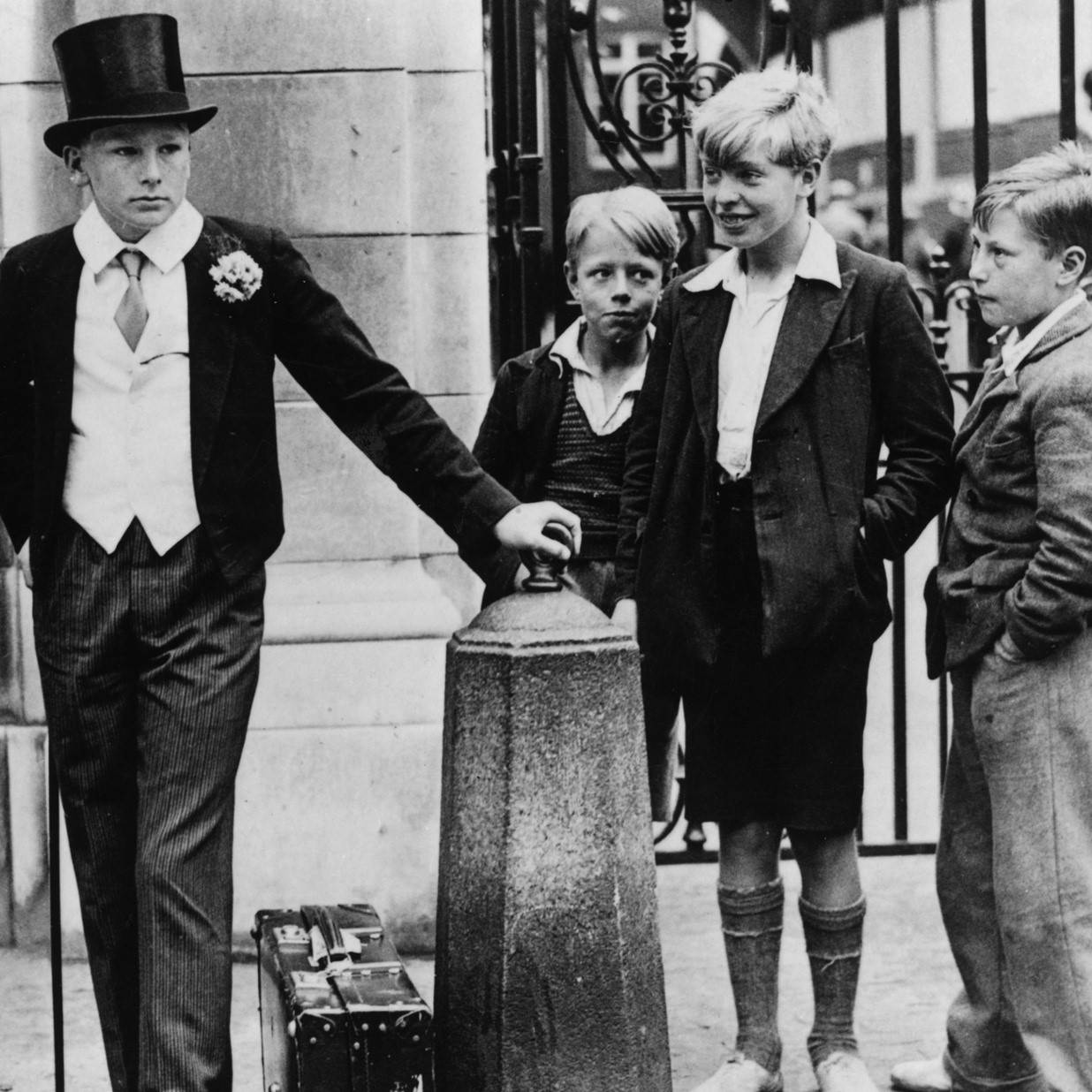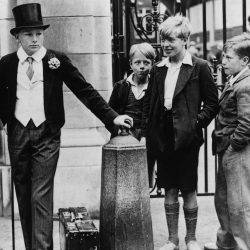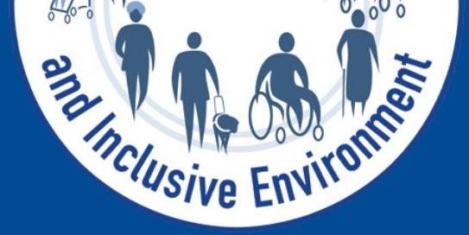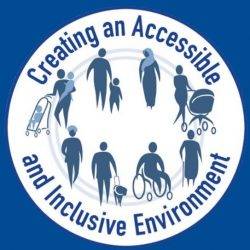March 28, 2017
Communication key to allaying employee concerns about automation 0
 Organisations need to strike a balance between capitalising on the benefits of automation and managing employee concerns, according to a study by Capita Resourcing. The research claims that whilst over half (54 percent) of UK organisations are already automating business processes once performed by people, employees are concerned about the social impact this will have on the workplace. The ‘Workplace More Human’ report claims that the majority of employees (67 percent) fear that the rise of robotics will make the workplace less sociable and friendly in the future. The biggest concerns around introducing more automation in the workplace were the loss of their job (36 percent), losing the social relationship with colleagues (27 percent) and having to reskill/train to do another job (23 percent).
Organisations need to strike a balance between capitalising on the benefits of automation and managing employee concerns, according to a study by Capita Resourcing. The research claims that whilst over half (54 percent) of UK organisations are already automating business processes once performed by people, employees are concerned about the social impact this will have on the workplace. The ‘Workplace More Human’ report claims that the majority of employees (67 percent) fear that the rise of robotics will make the workplace less sociable and friendly in the future. The biggest concerns around introducing more automation in the workplace were the loss of their job (36 percent), losing the social relationship with colleagues (27 percent) and having to reskill/train to do another job (23 percent).








 Long working hours are embedded into Small and medium sized firm’s (SME) culture, new research by AXA PPP healthcare has claimed, with 47 percent of employees in SMEs across the UK regularly working four or more hours of overtime per week, 27 percent of these putting in seven or more hours and for half (52 percent), the extra hours are unpaid. In addition, 22 percent of employees take fewer than 30 minutes for lunch, 19 percent have cancelled family time and 19 percent have missed a child’s event such as a school play due to working over and above their contracted hours. Over half (54 percent) of employees have continued to work after putting children to bed. With Britain’s small and medium sized firms making up 99.9 percent of the UK’s private sector businesses, employing nearly 3/5 of its workforce and accounting for 48 percent of the turnover this accounts for a lot of workers.
Long working hours are embedded into Small and medium sized firm’s (SME) culture, new research by AXA PPP healthcare has claimed, with 47 percent of employees in SMEs across the UK regularly working four or more hours of overtime per week, 27 percent of these putting in seven or more hours and for half (52 percent), the extra hours are unpaid. In addition, 22 percent of employees take fewer than 30 minutes for lunch, 19 percent have cancelled family time and 19 percent have missed a child’s event such as a school play due to working over and above their contracted hours. Over half (54 percent) of employees have continued to work after putting children to bed. With Britain’s small and medium sized firms making up 99.9 percent of the UK’s private sector businesses, employing nearly 3/5 of its workforce and accounting for 48 percent of the turnover this accounts for a lot of workers.






 Accommodation and food services, manufacturing, and transport industries will be hardest hit by limits on movement of EU and non-EU workers following Brexit, a new report has claimed. The latest edition of Mercer’s
Accommodation and food services, manufacturing, and transport industries will be hardest hit by limits on movement of EU and non-EU workers following Brexit, a new report has claimed. The latest edition of Mercer’s 





 Gig economy workers are as likely to be satisfied with their work as workers in traditional employment, according to a major new survey published today by the CIPD which provides the first robust estimate of the size of the gig economy. Currently, 4 percent of UK working adults aged between 18 and 70 are working in the ‘gig economy’, which means approximately 1.3 million people are engaged in ‘gig work’ according to ‘To gig or not to gig: Stories from the modern. The report, which is based on a survey of 400 gig economy workers and more than 2,000 other workers, as well as 15 in-depth interviews with gig economy workers found that nearly two-thirds (63 percent) believe the Government should regulate to guarantee them basic employment rights and benefits such as holiday pay. But the research also found that, contrary to much of the rhetoric, just 14 percent of respondents said they did gig work because they could not find alternative employment.
Gig economy workers are as likely to be satisfied with their work as workers in traditional employment, according to a major new survey published today by the CIPD which provides the first robust estimate of the size of the gig economy. Currently, 4 percent of UK working adults aged between 18 and 70 are working in the ‘gig economy’, which means approximately 1.3 million people are engaged in ‘gig work’ according to ‘To gig or not to gig: Stories from the modern. The report, which is based on a survey of 400 gig economy workers and more than 2,000 other workers, as well as 15 in-depth interviews with gig economy workers found that nearly two-thirds (63 percent) believe the Government should regulate to guarantee them basic employment rights and benefits such as holiday pay. But the research also found that, contrary to much of the rhetoric, just 14 percent of respondents said they did gig work because they could not find alternative employment.











